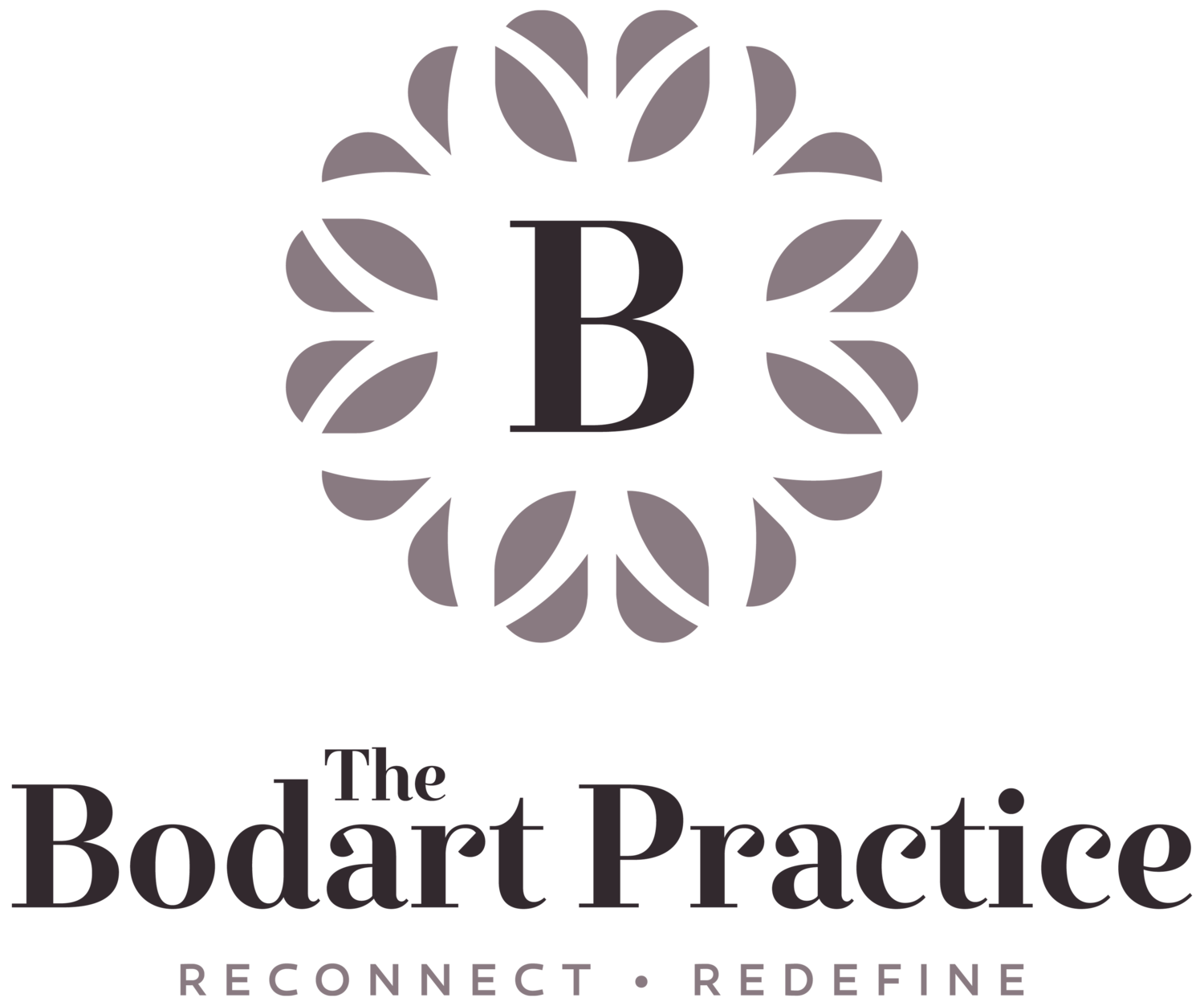EMDR is one of the evidence based therapies used to treat trauma and PTSD. However, it is also a treatment for other mental health difficulties such as anxiety, depression, grief, pain, addictions and stress. Recently Prince Harry spoke about his own experience of EMDR. In this blog post we talk about what EMDR is, what it can treat, what happens across the course of therapy and how it works. We also share feedback from clients who have received EMDR and how you can access this and other therapies with The Bodart Practice.
Can sound heal?
Can sound heal? In this blog we share some of the emerging research about the uses and impact of sound therapy using Tibetan singing bowls for managing stress and bringing the brain into a state of deep relaxation. Sound therapy is one of our holistic therapies at The Bodart Practice. Get in touch to find out how you can get involved.
Trauma passed down the generations; does our ancestry matter?
Can trauma be passed down through generations? Does our ancestry matter? Dr Harriet Rankin shares some of her learnings from the Intergenerational Trauma Conference. Trauma is not always visible but may be the invisible impacts of trauma in our family histories; from genetics to patterns of relating and cultural genocide. However we can have hope in how change is possible through the generations and by exploring our family histories, we may just make more sense of our own struggles.
This Week in Clinic: Series One Highlights
In this interview series, Dr Natalie Bodart talks to different psychologists about their week in clinic. They share their reflections, take away messages and how they are looking after their own mental health. Each conversation is with the aim of demystifying what goes on in the therapy room so that seeking help may feel less daunting.
Why value based New Year's resolutions are a win-win (and how to identify yours)
New Year’s resolutions can often set us up for failure as our best intentions are hard to sustain as life gets busy. What if we could identify resolutions that were a win-win? Dr Harriet Rankin shares how to make your resolutions value based rather than goals focused so that we can always be working towards the things we truly value. We link to a handy worksheet to help you identify your values.
Guest Blog: Characterise your inner critic, so you know who you’re dealing with!
Lockdown mental health - stories of struggle and survival
COVID-19 has impacted our lives and mental health, for some beyond measure. In these stories we hear the emotional impact, as well as stories of strength and resilience, moments of joy and questions about the future. By sharing these stories you may find something relatable or simply a few minutes to reflect on your own journey.
How to use soothing breathing to calm the body and mind
Online Therapy FAQs
Five tips for staying sane in a World gone mad
In the midst of the outbreak and spread of Coronavirus, or COVID-19 you would be forgiven for feeling afraid and overwhelmed by the volume of changing information and advice at every turn. Suddenly we are expected to change our well established routines and behaviours and tolerate a higher degree of uncertainty. None of this comes easily to habit loving humans.
I wonder what situation you are in as you read this. Are you self-isolating wondering how the days will pass? Have you been told to work from home and feeling some relief from the dreaded commute? Are you reluctantly cancelling that longed for and much needed holiday? Are you separated from loved ones and unsure when you will see them next? Are you worried about those at risk, perhaps elderly relatives? Are you worried about your own risk; personal, financial or otherwise? Have you washed your hands a million times today? Have you stared at the empty supermarket aisles in mild panic or bewilderment? Perhaps you are a frontline healthcare professional with your own anxieties to contain?
If you can relate to any of the above then you can rest assured that you are not alone, even though we can feel more alone than ever when disaster strikes. So how do we stay sane when the World seems to have gone mad and we are surrounded by news of threat and danger?
You do not have to keep calm and carry on. It’s understandable this is a difficult and anxious time. Be kind to yourself about this.
Set some boundaries around what news and information you want to consume and when. Absolutely do not have the news on repeat in the background. Choose your sources wisely. The same goes for how much you talk about it. Make space for other conversations.
Continue to do things that bring you pleasure even if some things may not be on the menu right now.
Sort out in your mind the things that you can do something about and the things that you can’t. For the things you can; problem solve and put your solution into practice. For the things you can’t; refocus by consciously shifting your attention to something more helpful (tip: use all your senses. Scents and music can be a big help. TV is often too passive).
Stay connected to friends and family and to yourself. Share love and care and fun because we need that more than ever when times get tough.
By Dr Natalie Bodart, Director & Clinical Psychologist















